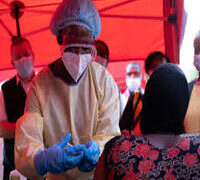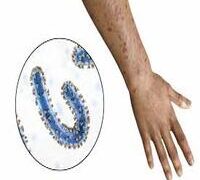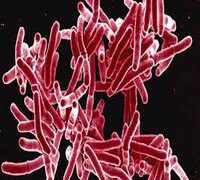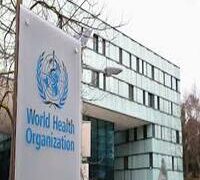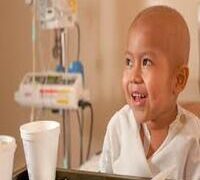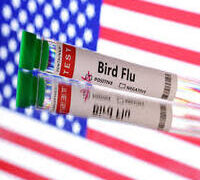
A speech and language therapist at the Miss J Tutorial Special Needs, John Francis, says while breastfeeding might reduce the risk of autism, it cannot prevent or guarantee the absence of autism. He asserted that although specific diets could prevent the onset of autism in children, he maintained that a multifaceted approach is necessary.
Francis made this known in a statement to commemoration of the World Autism Awareness Day, celebrated on April 2. World Autism Awareness Day is designated by the United Nations General Assembly to highlight the need to help improve the quality of life of those with autism so they can lead full and meaningful lives as an integral part of society.
The UN described autism is a lifelong neurological condition that manifests during early childhood, irrespective of gender, race or socio-economic status.
“The term Autism Spectrum refers to a range of characteristics. Appropriate support, accommodation and acceptance of this neurological variation allow those on the Spectrum to enjoy equal opportunity, and full and effective participation in society,” the global body stated.

According to the World Health Organization, Autism is also referred to as autism spectrum disorder. The WHO noted that it constitutes a diverse group of conditions related to the development of the brain, adding that although the characteristics may be detected in early childhood, it is often not diagnosed until much later. The global health body further stated that about one in 100 children has autism.
The United Nations Children’s Fund noted that breastfeeding improves the health of babies and protects them from a vast range of illnesses, including infection, diabetes, asthma, heart disease and obesity, as well as Sudden Infant Death.
Francis, while speaking on this year’s celebration, said it is dedicated to celebrating people with autism, debunking misconceptions and helping others understand what autism really means.
“Autism is a developmental disorder that affects how people interact with others, communicate, learn, and behave. It’s not an illness or a sickness and it’s not contagious. Unfortunately, there are many misconceptions about autism, but we’re here to help educate and answer any questions you may have. For example, some people believe that bad parenting causes autism, but that’s not true. Autism has both genetic and environmental factors,” Francis stated.
The speech and language therapist also answered the commonly asked question of whether autistic people are smart with an emphatic “Yes! Autistic people have an average or higher Intelligent Quotient.”









